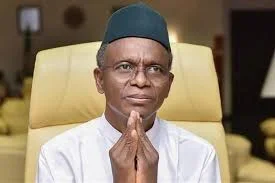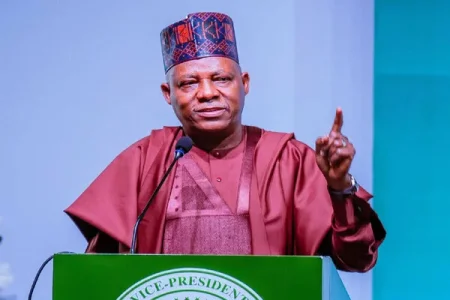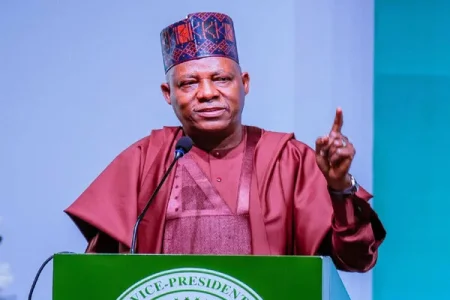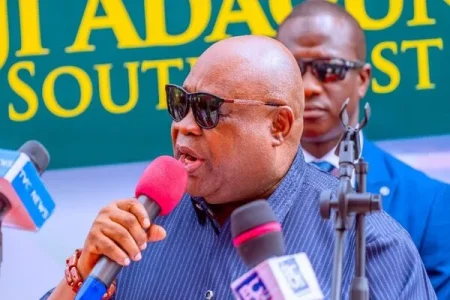
Nasir el-Rufai, the former governor of Kaduna state, has praised the second term of former Nigerian President Olusegun Obasanjo, describing it as the "most successful" period in terms of economic growth, job creation, and reduced inflation. Obasanjo served his second term from 2003 to 2007.
El-Rufai attributed this success to proper integrated planning and good fortune during that period. He highlighted the importance of planning for economic growth and stated that Nigeria's planning commission could be more effective.
He emphasized that planning committees are crucial in many developing countries, citing the positive economic trajectory during Obasanjo's second term. During this time, Nigeria experienced economic growth, job creation, and reduced inflation. El-Rufai noted that Nigeria effectively managed the windfall from rising oil prices by adhering to a fiscal rule that directed surpluses above a certain benchmark price of crude oil into a savings account known as the excess crude account (ECA). This strategy allowed Nigeria to eliminate foreign debt and maintain fiscal health.
El-Rufai stressed the importance of long-term and coordinated planning, along with the involvement of all stakeholders, to achieve accelerated economic growth. He pointed out that Nigeria's prudent planning and financial reserves helped it weather the global financial crisis in 2008 without significant internal problems.




